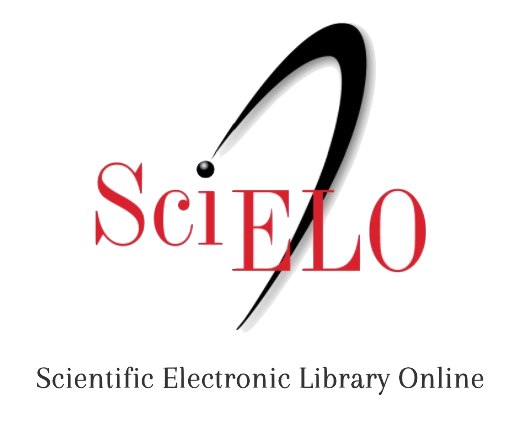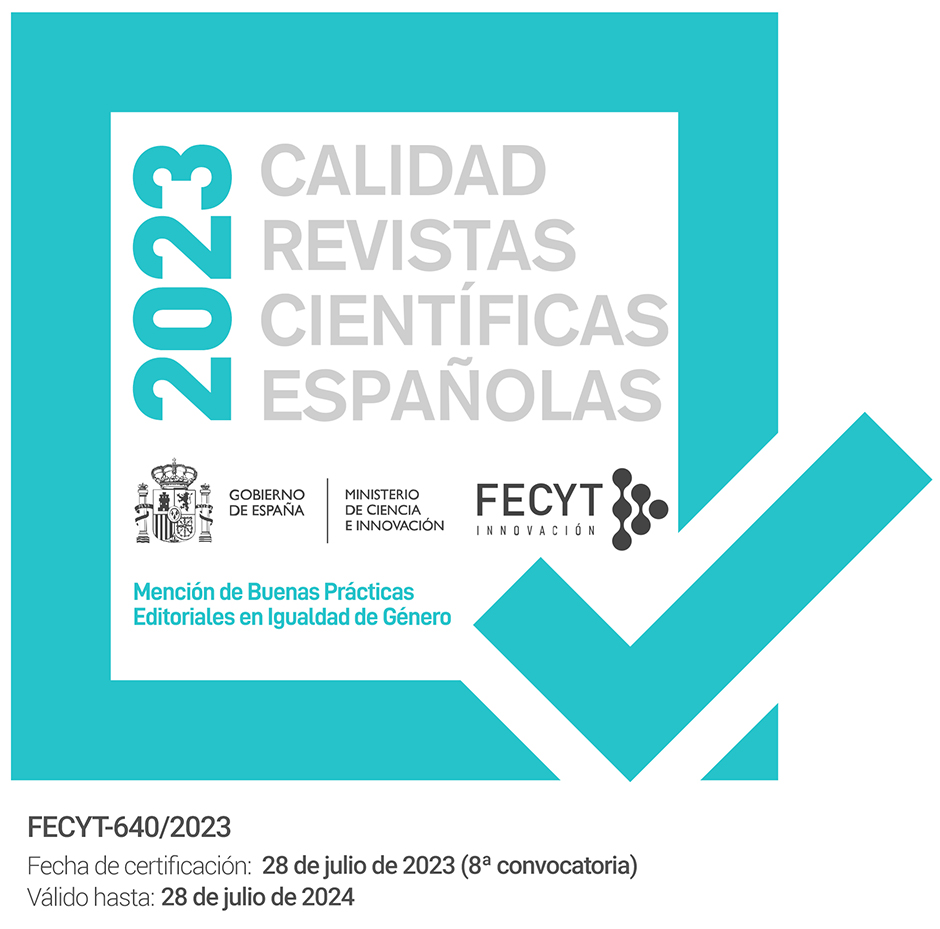Health literacy and COVID-19 in the elderly: approach from the Community Pharmacy
DOI:
https://doi.org/10.60103/phc.v24i6.786Keywords:
Health literacy; community pharmacy; COVID-19Abstract
Introduction: Health literacy is the degree to which individuals have the capacity to obtain, process, and understand basic health information and services needed to make appropriate health decisions. The need for such capacity has been notable during pandemic.
Method: A specific questionnaire was made to patients older than 60 years. The questionnaire included the HLS-EU-Q16 instrument adapted to COVID-19, some questions about the role of pharmacists and the SAHLSA tool.
Results: Most of the patients were women (75.4%) and the age was 79.2±9.4 years. The level of education of the majority was primary education (34.4%). Primary education and no schooling were the most common levels in older than 80 years. As HLS-EU-Q16 questionnaire showed, health literacy about COVID-19 was deficient (23%), insufficient (70,5%) and sufficient (6,6%). SAHLSA tool pointed out sufficient health literacy in 80%. The results of the first questionnaire were not related to the level of education. However, all participants with intermediate or advanced education had sufficient marks in the SAHLSA tool. Finally, the responders considered physicians as the main health professional who can help them to obtain reliable information (77%), followed by pharmacists (13%). 75% of responders agreed that pharmacists helped them understand the measures against COVID-19.
Conclusions: Patients have difficulties to identify reliable information and to find information about COVID treatments. This need is not related to the educational level or to the health literacy in other fields. Pharmacists may be a key agent to solve that need.
Downloads
References
Janse van Rensburg Z. Levels of health literacy and English comprehension in patients presenting to South African primary healthcare facilities. Afr J Prim Health Care Fam Med. 2020;12(1):e1-e6. doi: 10.4102/phcfm.v12i1.2047.
Organización Mundial de las Salud. Promoción de la salud, glosario. World Health Organization 1998. Disponible en: http://apps.who.int/iris/bitstream/handle/10665/67246/WHO_HPR_HEP_98.1_spa.pdf;jsessionid=DF0D72180E4E24D5A866C882FD7593CD?sequence=1
Sørensen K, Pelikan JM, Röthlin F, et al. Health literacy in Europe: comparative results of the European health literacy survey (HLS-EU). Eur J Public Health. 2015;25(6):1053-8. doi: 10.1093/eurpub/ckv043.
Nutbeam D. Health literacy as a public health goal: a challenge for contemporary health education and communication strategies into the 21st century. Health Promotion International. 2000;15(3):259–267, doi: 10.1093/heapro/15.3.259.
Nolasco A, Barona C, Tamayo-Fonseca N, et al . Alfabetización en salud: propiedades psicométricas del cuestionario HLS-EU-Q16. Gac Sanit. 2020;34(4): 399-402. Doi: 10.1016/j.gaceta.2018.08.006.
Dwinger S, Kriston L, Härter M, Dirmaier J. Translation and validation of a multidimensional instrument to assess health literacy. Health Expect. 2015;18(6):2776-86. doi: 10.1111/hex.12252.
Rajah R, Hassali MA, Lim CJ. Health Literacy-Related Knowledge, Attitude, and Perceived Barriers: A Cross-sectional Study among Physicians, Pharmacists, and Nurses in Public Hospitals of Penang, Malaysia. Front Public Health. 2017;5:281. doi: 10.3389/fpubh.2017.00281.
Storms H, Claes N, Aertgeerts B, Van den Broucke S. Measuring health literacy among low literate people: an exploratory feasibility study with the HLS-EU questionnaire. BMC Public Health. 2017;17(1):475. doi: 10.1186/s12889-017-4391-8.
Finbråten HS, Wilde-Larsson B, Nordström G, et al. Establishing the HLS-Q12 short version of the European Health Literacy Survey Questionnaire: latent trait analyses applying Rasch modelling and confirmatory factor analysis. BMC Health Serv Res. 2018;18(1):506. doi: 10.1186/s12913-018-3275-7.
Sørensen K, Van den Broucke S, Pelikan JM, et al. Measuring health literacy in populations: illuminating the design and development process of the European Health Literacy Survey Questionnaire (HLS-EU-Q). BMC Public Health. 2013;13:948. doi: 10.1186/1471-2458-13-948.
González-Moreno SE. Alfabetización en COVID-19 a través de redes sociales. REA 2022;13:128-139. doi: 10.55777/rea.v13iEspecial.2166.
Lee SY, Stucky BD, Lee JY, Rozier RG, Bender DE. Short Assessment of Health Literacy-Spanish and English: a comparable test of health literacy for Spanish and English speakers. Health Serv Res. 2010;45(4):1105-20. doi: 10.1111/j.1475-6773.2010.01119.x.
Consejo económico y social de Sevilla. Informe socioeconómico de la ciudad de Sevilla 2019. Disponible en: https://www.sevilla.org/cess/publicaciones/publicaciones-cess-2020/2020-11-11-dictamen-del-informe-socioeconomico-de-la-ciudad-de-sevilla-2019-firmado.pdf
Ishikawa H, Kiuchi T. Association of Health Literacy Levels Between Family Members. Front Public Health. 2019;7:169. doi: 10.3389/fpubh.2019.00169.
Edwards M, Wood F, Davies M, Edwards A. 'Distributed health literacy': longitudinal qualitative analysis of the roles of health literacy mediators and social networks of people living with a long-term health condition. Health Expect. 2015;18(5):1180-93. doi: 10.1111/hex.12093.
Instituto Nacional de Estadística: base de datos. Disponible en: https://www.ine.es/dyngs/INEbase/listaoperaciones.htm
Van der Heide I, Rademakers J, Schipper M, et al. Health literacy of Dutch adults: a cross sectional survey. BMC Public Health. 2013;13:179. doi: 10.1186/1471-2458-13-179.
Bell J, Dziekan G, Pollack C, Mahachai V. Self-Care in the Twenty First Century: A Vital Role for the Pharmacist. Adv Ther. 2016;33(10):1691-1703. doi: 10.1007/s12325-016-0395-5.
Bragazzi NL. Pharmacists as Immunizers: The Role of Pharmacies in Promoting Immunization Campaigns and Counteracting Vaccine Hesitancy. Pharmacy (Basel). 2019 Dec 5;7(4):166. doi: 10.3390/pharmacy7040166.
Osibanjo O, Benkstein K, Slater J, Shah A. The role of managed care clinical pharmacists in improving COVID-19 vaccination rates for culturally specific Medicaid populations. J Am Coll Clin Pharm. 2022 Aug;5(8):812-820. doi: 10.1002/jac5.1662.
Downloads
Published
How to Cite
Issue
Section
License
Copyright (c) 2022 Maria Alvarez de Sotomayor, Paula M Fernandez Cuesta

This work is licensed under a Creative Commons Attribution-NonCommercial-ShareAlike 4.0 International License.
La revista Pharmaceutical Care España se publica bajo una licencia «Creative Commons, Reconocimiento, No Comercial y Compartir Igual 4.0 Internacional» (CC BY-NC-SA 4.0)», que permite a otros compartir el trabajo con un reconocimiento de la autoría del trabajo y la publicación inicial en esta revista (con excepción de los usos comerciales).
Los autores que publican en esta revista están de acuerdo con los siguientes términos:a) Los autores conservan los derechos de autor (derechos morales) y garantizan a la revista el derecho de ser el primer soporte documental publicado del trabajo.
b) Se permite y anima a los autores a difundir la versión del trabajo revisado por pares y aceptada para su publicación (por ejemplo, en repositorios institucionales o temáticos), recomendando hacerlo con la versión final del editor “pdf”, “html” o “xml”).









